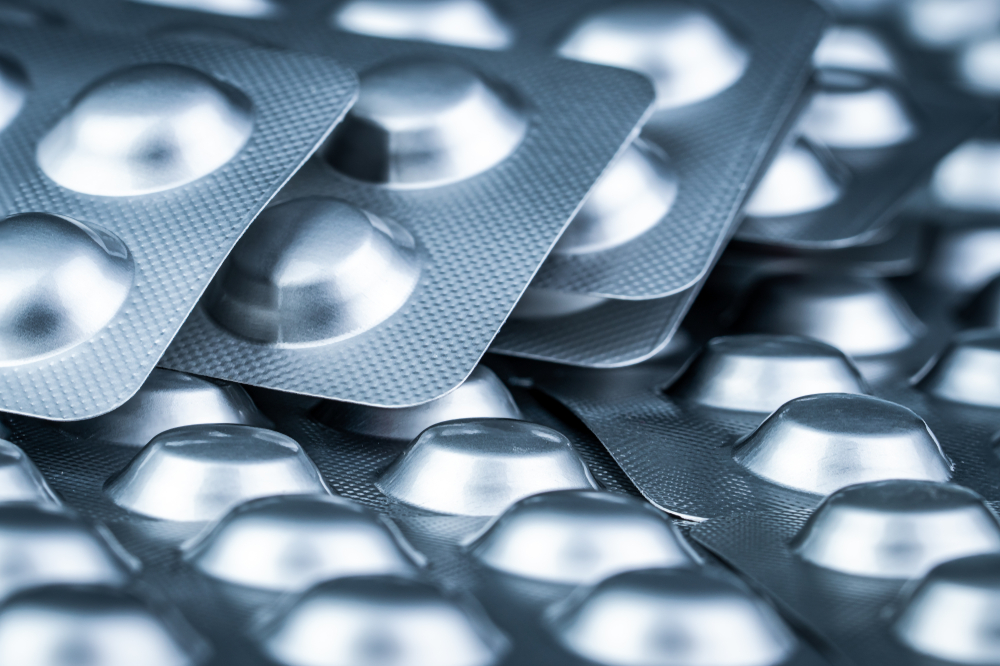For many people around the world, acne is more than a skin condition. It can be a source of discomfort, emotional and physical distress and social anxiety. Affecting 85% of adolescents and a significant number of adults as well, acne vulgaris is the most common dermatological condition globally.
Studies show that individuals with moderate to severe acne often experience a lower quality of life, which can affect anything from academic performance, working life and social interaction. Psychological research has shown correlation between acne and mental health issues. In extreme cases, acne has been associated with suicide ideation.
Given these wide-ranging impacts, safe and effective acne treatments are not a luxury, they’re essential and can have a real impact on quality of life for patients.
And the treatments with a strong safety profile and limited side effects are crucial. Patients may need to use acne medications for extended periods, meaning long-term tolerability is a key factor in effectiveness and adherence. When treatments lead to systemic effects, patients can be more likely to discontinue use and potentially see their condition worsening.
A solid safety profile and track record of these treatments can create trust with healthcare providers and patients, which can lead to better clinical outcomes.
Six popular acne treatments recalled over benzene fears
A recent example demonstrates this need. Several acne products have been voluntarily recalled in the USA by their manufacturers over fears they may contain elevated levels of a cancer-causing chemical.
According to the Food and Drugs Administration (FDA), independent tests showed raised levels of benzene in six popular acne treatments containing benzoyl peroxide (BPO).
The investigations were triggered by findings from independent laboratory Valisure, known for uncovering safety concerns in consumer health products.
FDA testing of acne products
The FDA initiated independent testing of 95 products, including all those that had been flagged by Valisure that it was able to purchase, plus several others containing BPO.
Six were found to contain the higher levels of benzene, a known carcinogen that is found in cigarette smoke, industrial emissions, gasoline, crude oil, and car exhaust.
They were: La Roche-Posay Effaclar Duo Dual Action Acne Treatment; Walgreens Acne Control Cleanser; Proactiv Emergency Blemish Relief Cream (5% BPO); Proactiv Skin Smoothing Exfoliator; SLMD Benzoyl Peroxide Acne Lotion; and Walgreens Tinted Acne Treatment Cream.
Additionally, the manufacturer of Zapzyt Acne Treatment Gel recalled its product after its own testing discovered higher benzene levels.
The FDA noted that several of the recalled treatments were approaching their expiry dates, and recommended that customers check the dates of their products and discard them if necessary.
It intends to publish the full results of its testing in one or more peer-reviewed journals in the coming months.
Announcing the voluntary recall, the FDA reminded manufacturers and others in the supply chain of their responsibility for the safety and quality of their products, which they are required to evaluate and test to ensure they meet specifications.
It also urged third-party laboratories to use validated testing methods to ensure reliable results.
BPO to target inflammation
BPO is a common active ingredient in acne treatment, used to kill bacteria and reduce inflammation.
However, Valisure’s testing found that BPO is chemically unstable and may degrade into benzene over time, especially if stored in warm conditions.
The company stated that one-third of the 111 acne products it tested had benzene levels that exceeded the FDA’s conditional limit of two parts per million (ppm), with one sample reaching 35 ppm.
Valisure’s acne treatment test results were published in Environmental Health Perspectives and later reinforced by a follow-up study in the Journal of Investigative Dermatology, prompting the FDA investigations and recall.
Dr. Christopher Bunick, associate professor of dermatology at Yale and a co-author of both studies, said: “There shouldn’t be any carcinogens in any of our acne products. The recall is a victory for patient safety.
He added: “It’s all the benzene exposure throughout all of society that adds cumulative risk. And the last place consumers need additional risk is in an acne product.”
Arctic Therapeutics: trialling safe and pioneering acne therapies
While the recalled products are considered safe by the FDA for consumer use, this recall highlights the potential risks of elevated levels of active ingredients in certain common acne treatments.
Arctic Therapeutics is committed to developing novel and transformative medicines to create a better future for people in critical need of new treatment options. Find out more about our treatment for inflammatory skin diseases.

